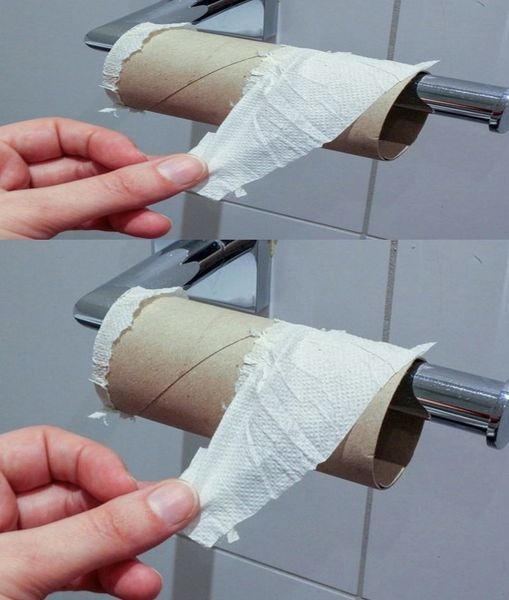In the direction of cleaner, greener options: When compared to conventional toilet paper, more environmentally friendly options are becoming more popular. The widely used technique of washing with soap and water is thought to be more sanitary and ecologically beneficial. The bidet’s resurgence in popularity, especially in updated models like those seen in Japan, where water jet toilets are typical, might signal a dramatic shift in our bathroom behaviors.
The introduction of reusable paper towels: Reusable toilet paper is another invention that could replace regular toilet paper. This product provides a sustainable solution by reducing waste and the environmental impact connected with the manufacturing of disposable toilet paper since it is made from washable materials like cotton. Though this concept could come as a surprise, it offers a workable substitute that garners attention because to its potential benefits to the environment and the economy.
Acceptance and adoption of alternatives to paper towels: One of the most important concerns as we consider a world without toilet paper is whether or not the general public would accept and use these alternatives. Not only does awareness need to be raised, but access to these new solutions must also be made easy in order to break old habits like using toilet paper. Informational campaigns outlining the benefits these techniques provide over conventional procedures in terms of hygiene and ecology are necessary to bolster efforts to promote alternatives.
The financial effects of switching to sustainable alternatives: The economic effect of switching to more environmentally friendly toilet paper alternatives might be substantial. One concern is the possibly high upfront cost of buying reusable toilet paper or installing bidets, for example. But over time, these substitutes may save a lot of money by eliminating the need to buy throwaway paper on a regular basis. Informed decisions that support sustainability while maintaining economic viability must be made by consumers and governments by taking these considerations into consideration.
Transitioning to greener toilets has challenges: There are difficulties in making the switch to toilets that use less or no toilet paper. It entails making changes to the infrastructure that already exists, especially in public spaces and historic structures. In addition to the initial outlay needed to implement such solutions, planning is also necessary to guarantee the upkeep and accessibility of these services. Proactively addressing these issues is necessary to provide a seamless and effective transition.
Public policy’s role in advancing alternatives: Public policies are essential in hastening the adoption of alternatives to toilet paper. Governments that support more environmentally friendly practices might employ tax breaks, subsidies, or regulations to promote the use of bidets and reusable paper. These laws have the potential to significantly accelerate the shift to more ecologically friendly activities while also removing economic obstacles.
Prospects for the future: improved hygiene: It is evident that the problem of toilet paper and its substitutes extends beyond individual consumption decisions when one looks to the future. It is inextricably related to more general concerns about public health, sustainability, and well-being. By taking these possibilities into account, we want to lessen our influence on the environment while simultaneously enhancing general hygiene and offering better choices to everybody.
ADVERTISEMENT
